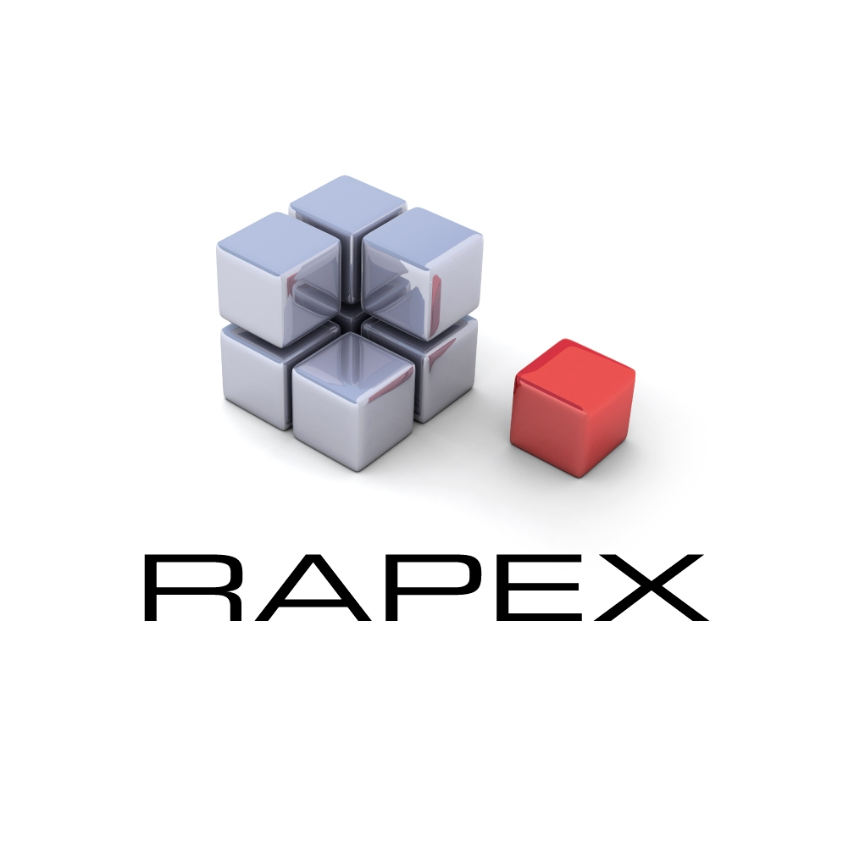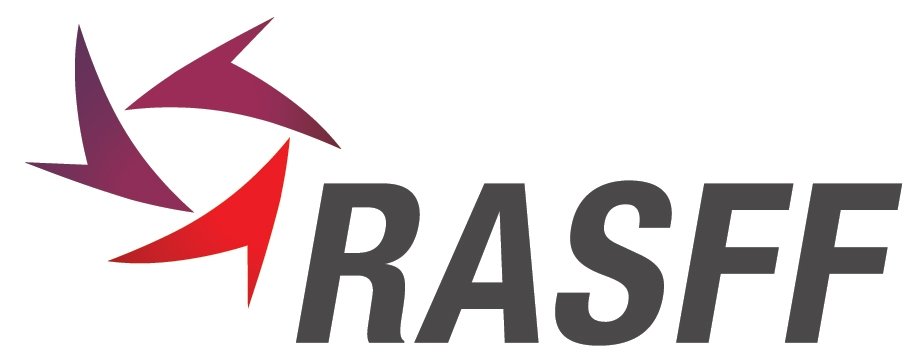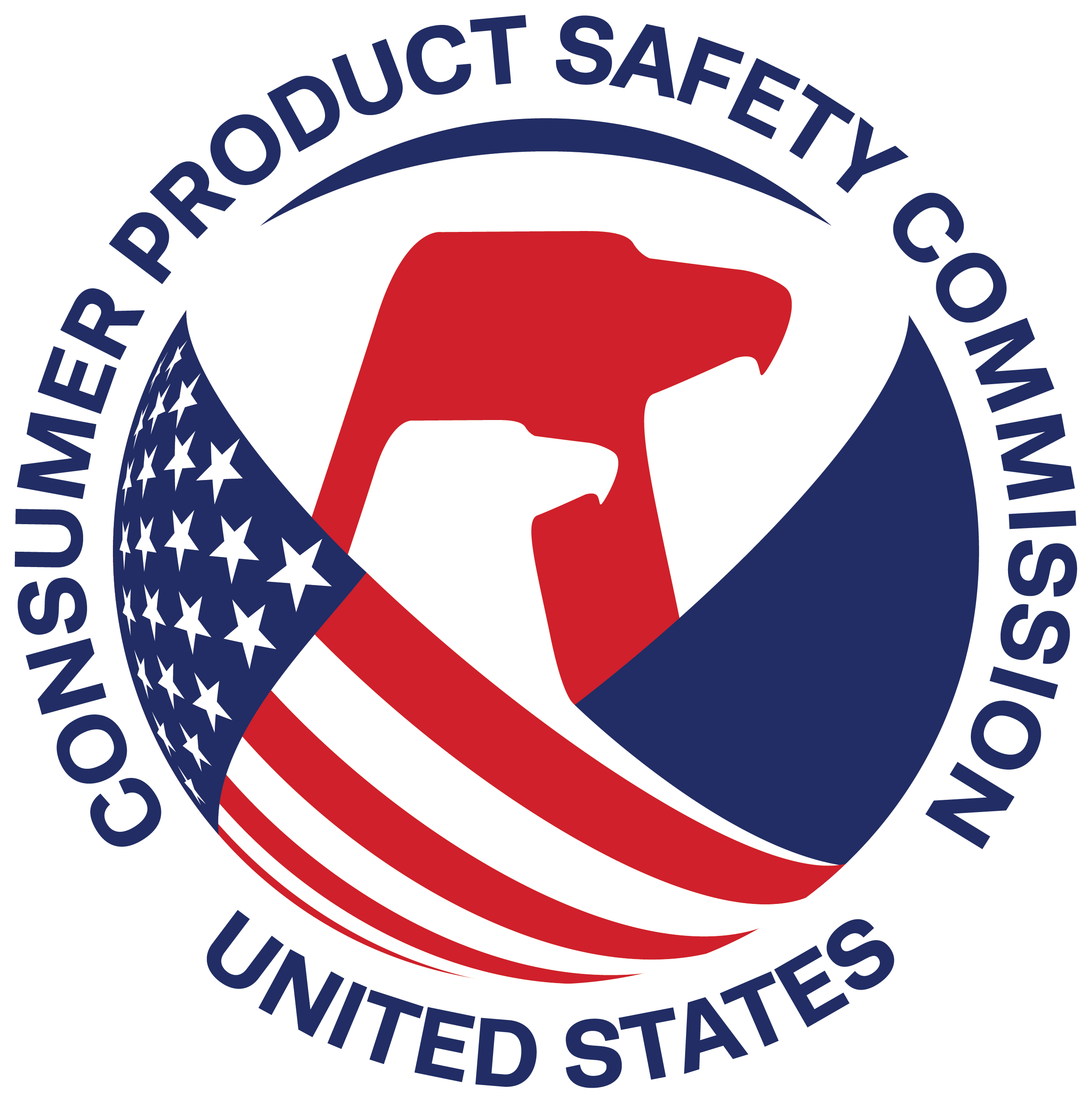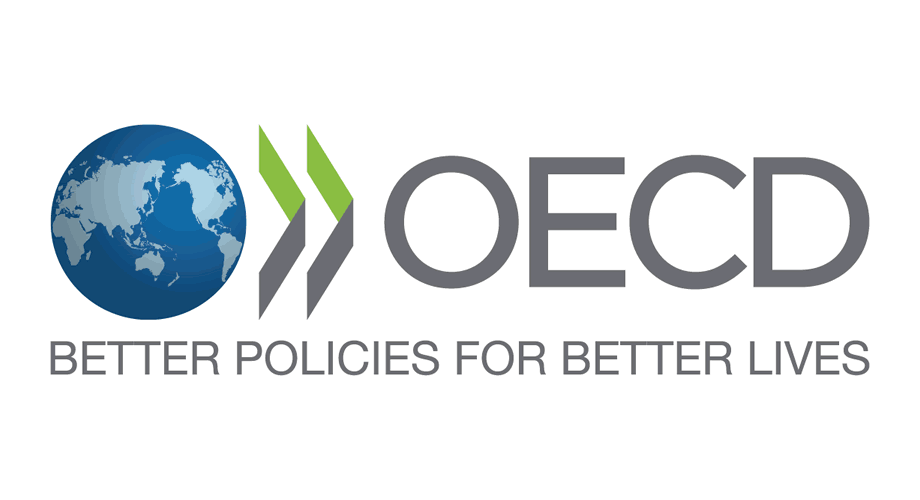Fulfilment centres will also have to fulfil a role in the supply chain when it comes to product compliance. The same goes for companies that offer products via distances sales from outside the EU directly to consumers within the EU. Just like any other economic operator such as manufacturer/brand-owner, importer, authorised representative, distributor (retail/E-tail)
This is all written in the soon to be approved regulation on market surveillance and compliance of products amending 2004/42/EC and /765/2008 and 305/2011.
Because of this large e-commerce platforms such as Amazon, eBay, Rakuten, Alibaba, who already signed an MOU with the European Commission, are stepping up their efforts towards the companies selling via these platforms to ensure that they deal with these responsibilities.
These are some of the main responsibilities:
- verify that the EU Declaration of Conformity (CE DoC) or any other relevant declaration has been drawn up
- ensure that technical documentation has been drawn up
- ensure that all the technical documentation (technical file) is available for 10 years
- cooperate with market surveillance authorities
ProductIP has all the instruments to help you with these tasks. It requires a small investment each time you have the opportunity to make money. You can do it all yourself together with your suppliers, 24/7, online. When more support is required you upgrade to another service level, as simple as that.
Start your ProductIP account now.



